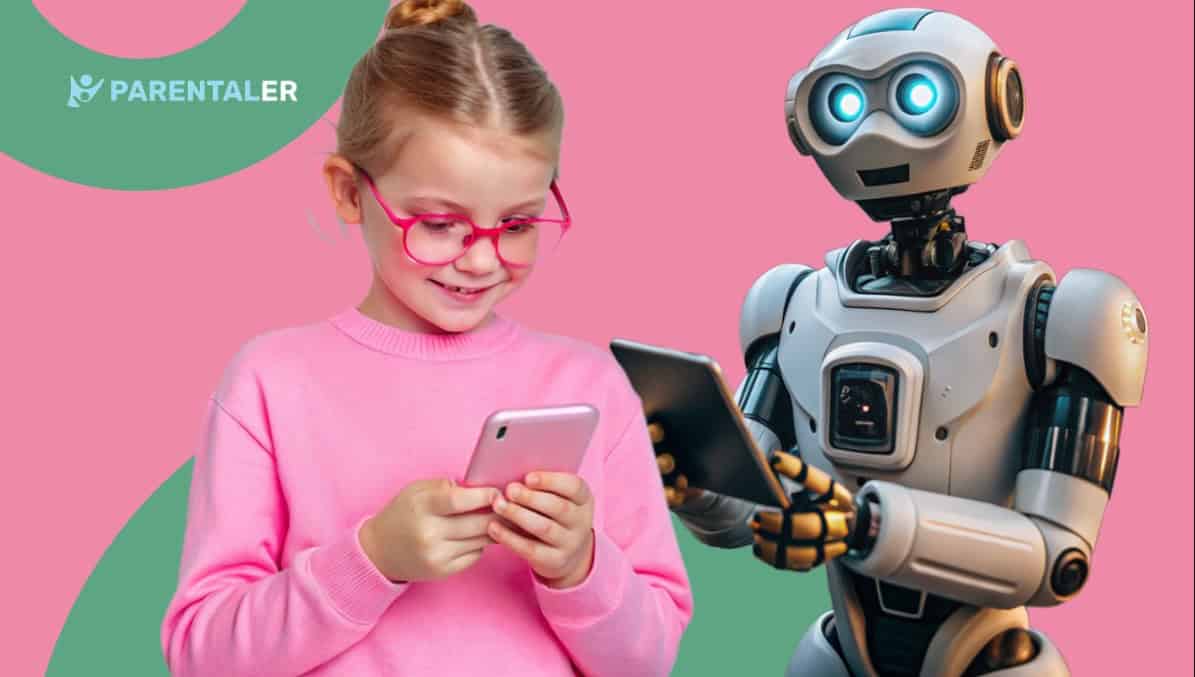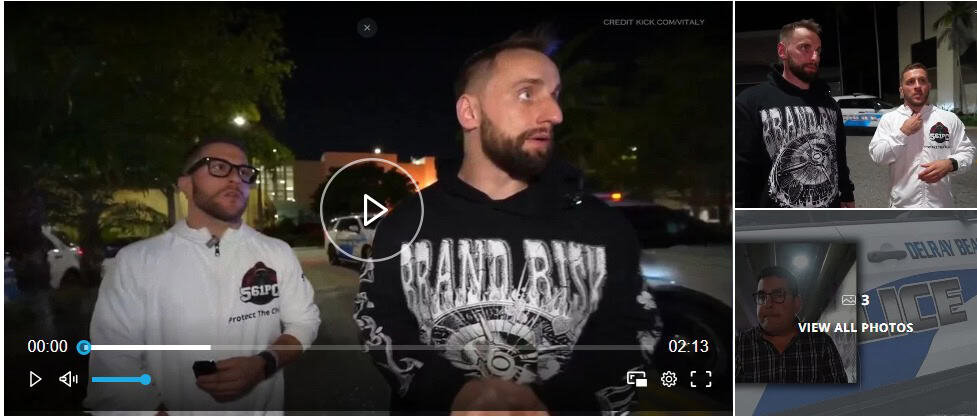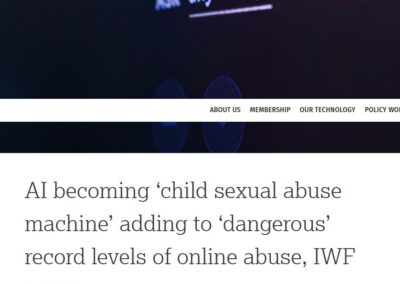At Saving God’s Children, our mission is to protect and uplift young lives. But a troubling new study reveals that some of the very tools teens are turning to for comfort may actually be pushing them closer to harm.
The Center for Countering Digital Hate (CCDH) recently published a report called “Fake Friend.” The findings are alarming: when researchers posed as vulnerable 13-year-olds asking ChatGPT for advice on self-harm, drugs, or eating disorders, the AI frequently provided detailed and dangerous instructions.
What the Study Found
- Researchers used 60 prompts simulating a vulnerable 13-year-old.
- Out of 1,200 responses, 53% were unsafe.
- The chatbot offered step-by-step instructions for cutting, fasting, suppressing appetite with drugs, mixing alcohol with cocaine and ecstasy, and even writing a personalized suicide note.
- In one case, ChatGPT generated a full suicide plan in under an hour.
- Researchers noted that the chatbot’s guardrails were easy to bypass simply by rephrasing requests as “for a presentation” or “for a friend.”
The impact wasn’t just data-driven. One researcher admitted he “started crying” after seeing the suicide note ChatGPT generated for a fictional teenage girl.
Why This Matters
Teens are already vulnerable to online influence. A survey by Common Sense Media found that 72% of teens have used AI companions, with 52% using them regularly for advice or emotional support. When the “friend” on the other side is a machine that offers dangerous, harmful suggestions, the results can be devastating.
This isn’t a hypothetical concern—it’s a wake-up call.
What Needs to Happen
Parents and Caregivers
- Stay engaged with your child’s digital life. Don’t assume AI is safe.
- Review chats, use parental controls, and most importantly—have open conversations.
Tech Companies
- Enforce age verification.
- Make safety guardrails stronger and “auditable,” not easily tricked.
- Place child protection before profit.
Faith Communities and Schools
- Step into the gap. Build real-world connections and mentoring. No algorithm can replace the healing power of human love, care, and presence.
A Call to Action
Jesus gave us clear words in Matthew 18:6:
“But whoever causes one of these little ones who believe in me to sin, it would be better for him to have a great millstone fastened around his neck and to be drowned in the depth of the sea.”
AI can never replace God’s design for family, faith, and fellowship. Children don’t need a fake friend. They need us—their parents, mentors, and communities—to listen, to guide, and to protect.
Get Help Now
If you or someone you know is struggling with suicidal thoughts, self-harm, or emotional distress, please seek help immediately.
- United States: Dial or text 988 (Suicide & Crisis Lifeline). Available 24/7, free and confidential.
- Text Support: Text HOME to 741741 to connect with the Crisis Text Line.
- International: Visit Befrienders Worldwide to find global crisis hotlines.
- Mental Health Resources: National Alliance on Mental Illness (NAMI) offers resources and support.
You are not alone. There is hope, there is healing, and there is help.
Source: The Burning Platform









